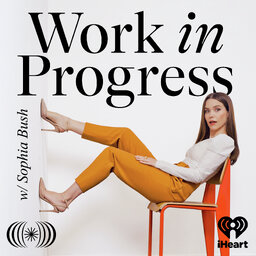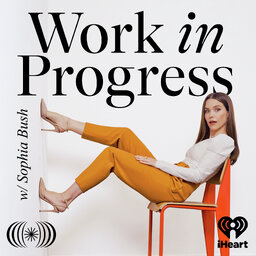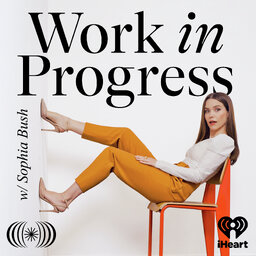Ava DuVernay
Ava DuVernay went from working behind the scenes as a Hollywood publicist to picking up a camera at the age of thirty-two and changing her career path to become an award-winning, celebrated writer and director.
Ava joins Sophia to talk about her journey into filmmaking, why she is at the most vulnerable time of her life, and what it was like crowdfunding her latest and most personal film, "Origin," which tackles race and hierarchies.
"Origin" is in theaters on January 19th. To support the film, go to Seat16.com and gift $16 for a ticket and a one-year subscription to masterclass to teens across the United States.
 Work in Progress with Sophia Bush
Work in Progress with Sophia Bush


